Fact Check: Why did Donald Trump ditch the Iran deal?
The US president claimed Iran violated the landmark agreement making it ‘defective at its core’
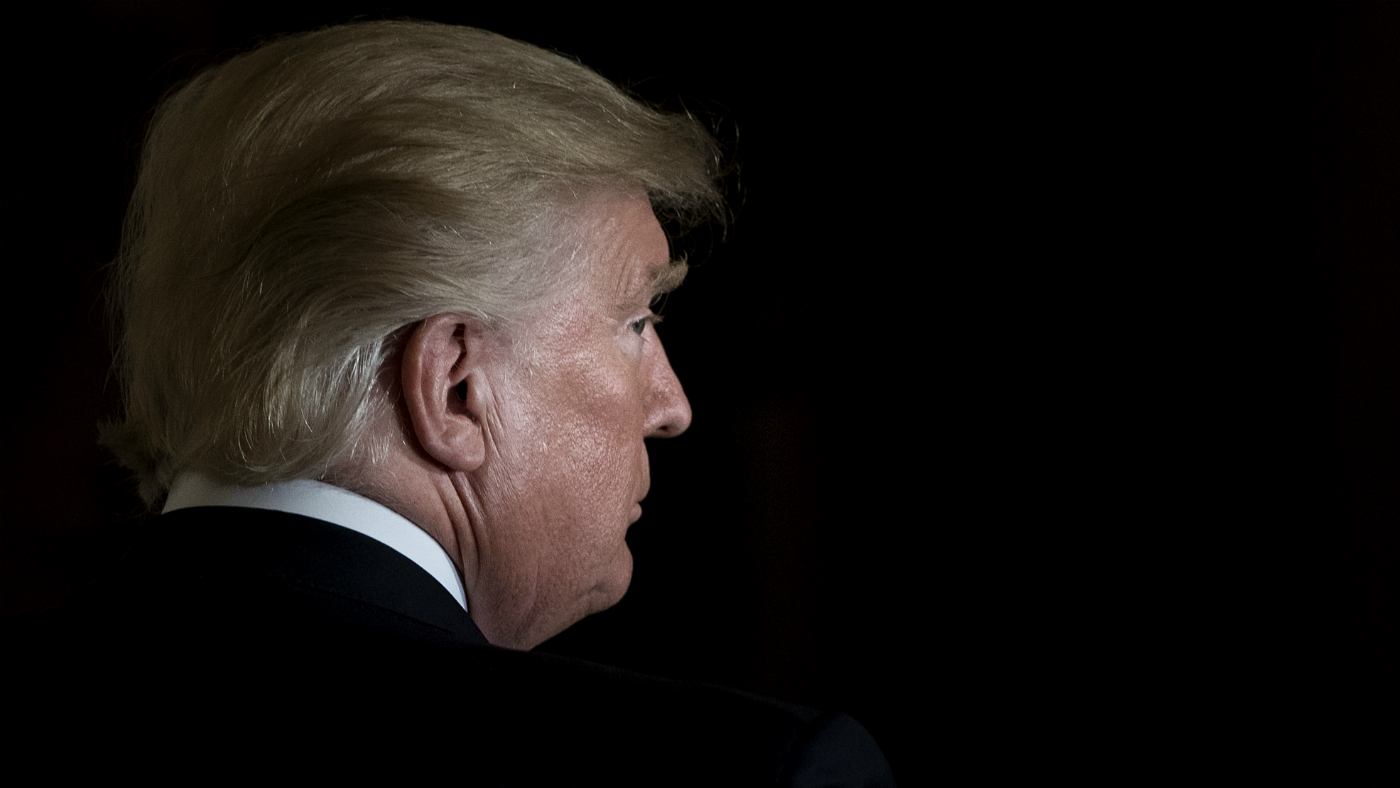
A free daily email with the biggest news stories of the day – and the best features from TheWeek.com
You are now subscribed
Your newsletter sign-up was successful
Donald Trump's decision to make good on his promise to pull out of the Iran nuclear deal comes after many months of bad-mouthing and downplaying his predecessor's landmark foreign policy initiative.
The announcement, while widely anticipated, leaves in tatters the 2015 agreement reached by seven countries after more than two years of negotiations.
“This was a horrible one-sided deal that should have never, ever been made,” Trump said in an 11-minute address from the Diplomatic Reception Room of the White House. “It didn’t bring calm, it didn’t bring peace, and it never will.”
The Week
Escape your echo chamber. Get the facts behind the news, plus analysis from multiple perspectives.

Sign up for The Week's Free Newsletters
From our morning news briefing to a weekly Good News Newsletter, get the best of The Week delivered directly to your inbox.
From our morning news briefing to a weekly Good News Newsletter, get the best of The Week delivered directly to your inbox.
He added: "It is clear to me that we cannot prevent an Iranian nuclear bomb under the decaying and rotten structure of the current agreement.
"The Iran deal is defective at its core. If we do nothing we know exactly what will happen."
As part of the deal, Iran agreed to reduce its stockpile of nuclear material and to grant international observers access to its military sites. In exchange, crippling economic sanctions were lifted.
Three times previously, “the president’s aides had persuaded Trump not to dismantle the Iran deal”, says The New York Times.
A free daily email with the biggest news stories of the day – and the best features from TheWeek.com
But Trump made clear that his patience had worn thin and “with a new, more hawkish cohort of advisers the president faced less internal resistance than earlier in his administration”, adds the paper.
So why did he ditch the deal and was he right to?
What did Trump say?
The president has accused Iran of “multiple violations” of the agreement and refused to recertify the deal. These alleged infractions include exceeding limits on heavy water, used to cool nuclear reactors, along with the number of advanced centrifuges allowed under the deal.
Additionally, Trump claimed that the regime had “intimidated international inspectors into not using the full inspection authorities” under the agreement.
“Iranian officials and military leaders have repeatedly claimed they will not allow inspectors onto military sites, even though the international community suspects some of those sites were part of Iran’s clandestine nuclear weapons programme,” he said in a White House speech on 13 October.
What does Tehran say?
Iran’s leaders have long maintained that the country is upholding its side of the agreement. Within minutes of Trump’s speech, his Iranian counterpart, Hassan Rouhani, appeared on state television to deny the claims, The Guardian says.
“What we heard tonight was a repeat of the same baseless accusations and insults that we’ve heard over the past 40 years,” President Rouhani said.
Iranian Supreme Leader Ayatollah Khamenei ramped up the rhetoric by saying he refused “to waste time on answering the rants and whoppers of the brute US president”, reports the BBC.
What are the facts?
“The deal’s finer details get very technical very quickly, with dozens of limitations placed on Iran’s nuclear-related activities,” says the US fact-checking website Politifact. “But the major points concern Iran giving up materials it could use to quickly build a nuclear weapon.”
According to recent inspection reports from the United Nations nuclear watchdog, the International Atomic Energy Agency (IAEA), Iran is complying with the terms of the deal.
The IAEA uses site visits, remote monitoring, containment seals and satellite imagery to verify that Iran stays within nuclear production and capacity limits, says Bloomberg. “They’ve produced eight reports since January 2016 showing Iran to be in broad compliance with the accord,” according to the website.
Iran’s stockpile of low-enriched uranium stood at 88.4kg (195lb) as of 21 August, well below the 300kg (661lb) limit set by the JCPOA deal.
“Its number of operating centrifuges - the fast-spinning machines that separate the uranium-235 isotopes used in fission - was below the limit of 5,060 set by the accord,” adds Bloomberg.
Exceeding the heavy water limit
However, Trump is right in accusing Iran of twice exceeding the deal’s limit on heavy water, the The Washington Post says, although the amount was by less than 1%.
Daryl Kimball, executive director Arms Control Association, downplayed the heavy water issue as a “minor infraction”, and noted that Iran currently does not have a functioning heavy water reactor, Politifact reports.
“In other words, from a practical standpoint, the issue is essentially moot because excessive heavy water wouldn’t move Iran closer to building a nuclear weapon,” says the website.
As for Trump’s claim that inspectors are being denied access to sites, the IAEA disagrees.
“So far, the IAEA has had access to all locations it needed to visit,” director general Yukiya Amano said after Trump’s speech. “At present, Iran is subject to the world’s most robust nuclear verification regime.”
Who is right?
Inspectors have found no evidence to support Trump’s claim that Iran has committed major violations of the nuclear deal. Minor technical infractions, such as the heavy water issue, have been rectified.
-
 Local elections 2026: where are they and who is expected to win?
Local elections 2026: where are they and who is expected to win?The Explainer Labour is braced for heavy losses and U-turn on postponing some council elections hasn’t helped the party’s prospects
-
 6 of the world’s most accessible destinations
6 of the world’s most accessible destinationsThe Week Recommends Experience all of Berlin, Singapore and Sydney
-
 How the FCC’s ‘equal time’ rule works
How the FCC’s ‘equal time’ rule worksIn the Spotlight The law is at the heart of the Colbert-CBS conflict
-
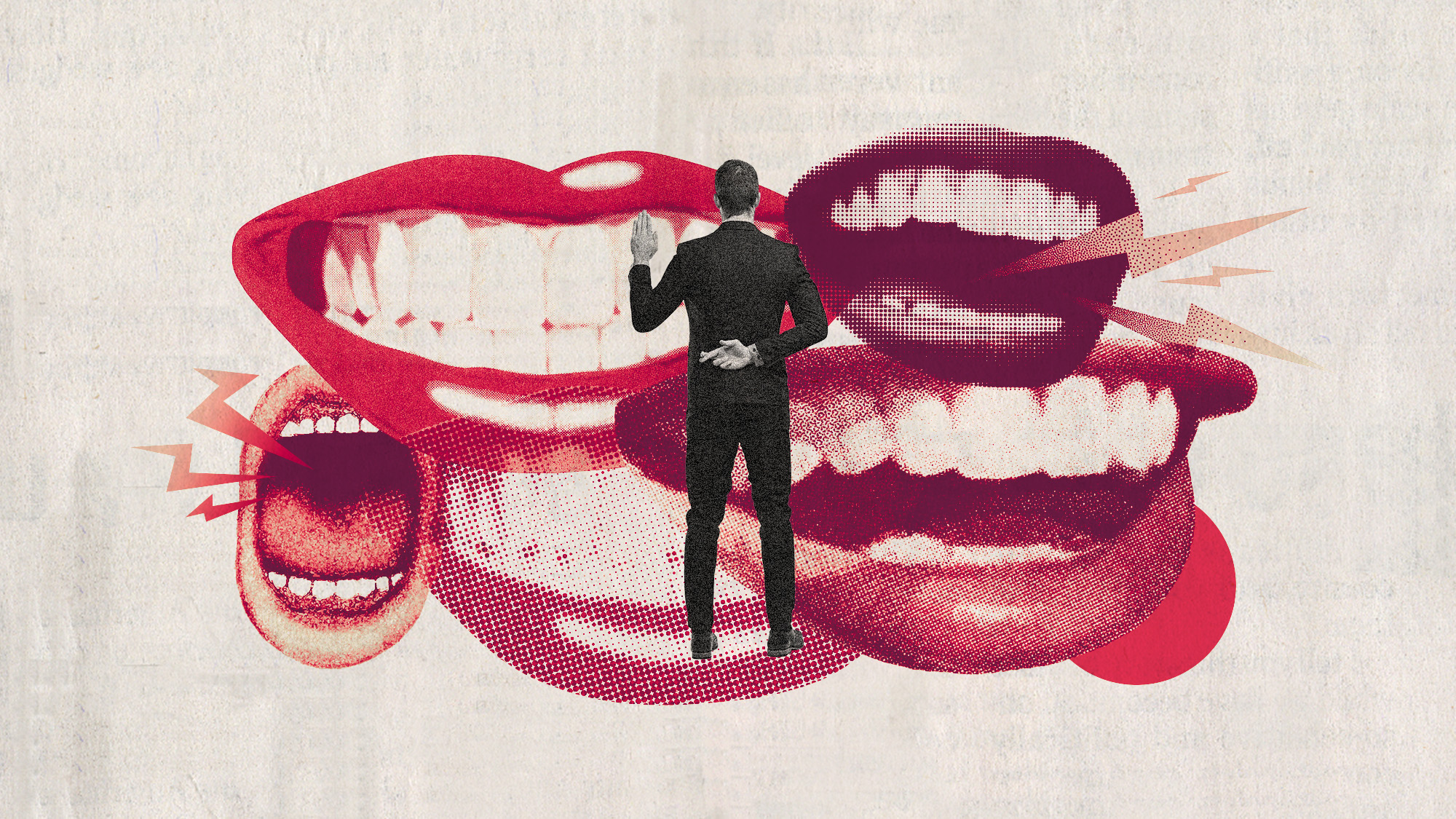 Should lying in politics be a criminal offence?
Should lying in politics be a criminal offence?Today's Big Question Welsh government considers new crime of deliberate deception by an elected official
-
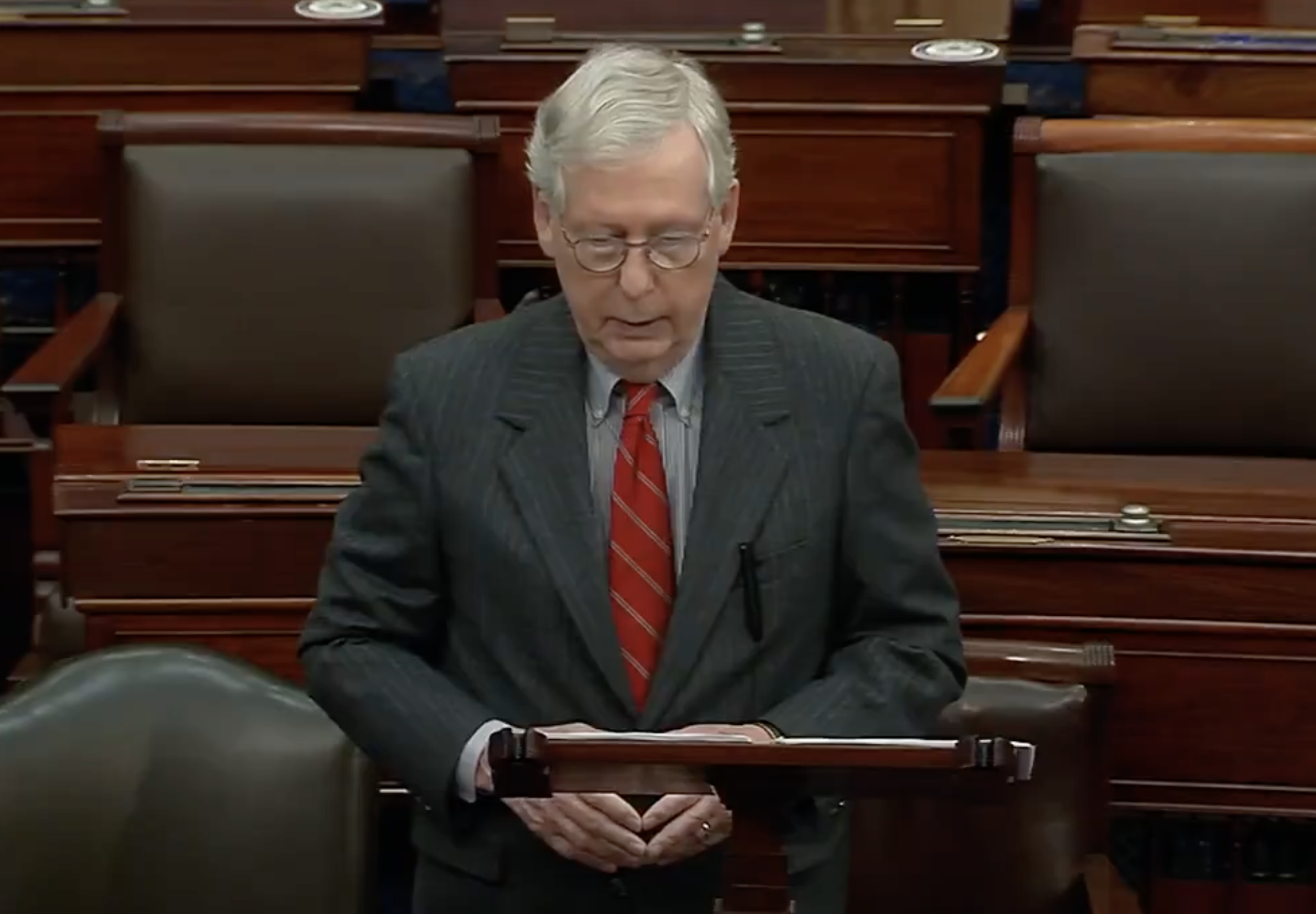 McConnell misquotes Biden in an attempt to criticize his rush of executive orders
McConnell misquotes Biden in an attempt to criticize his rush of executive ordersSpeed Read
-
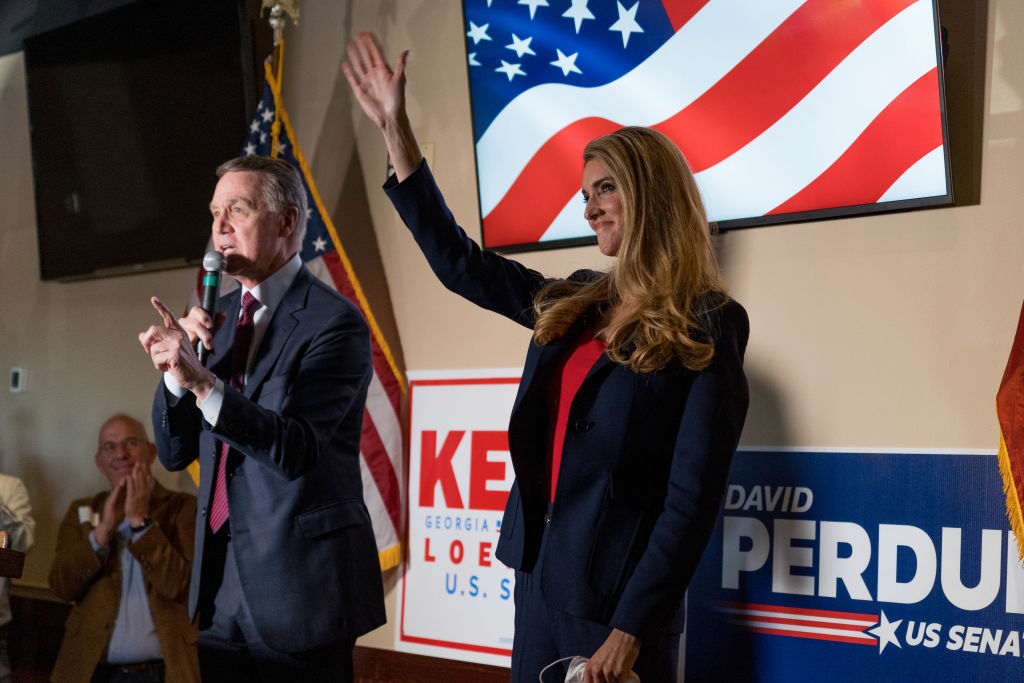 Georgia secretary of state slams Perdue and Loeffler for demanding voter data they already have
Georgia secretary of state slams Perdue and Loeffler for demanding voter data they already haveSpeed Read
-
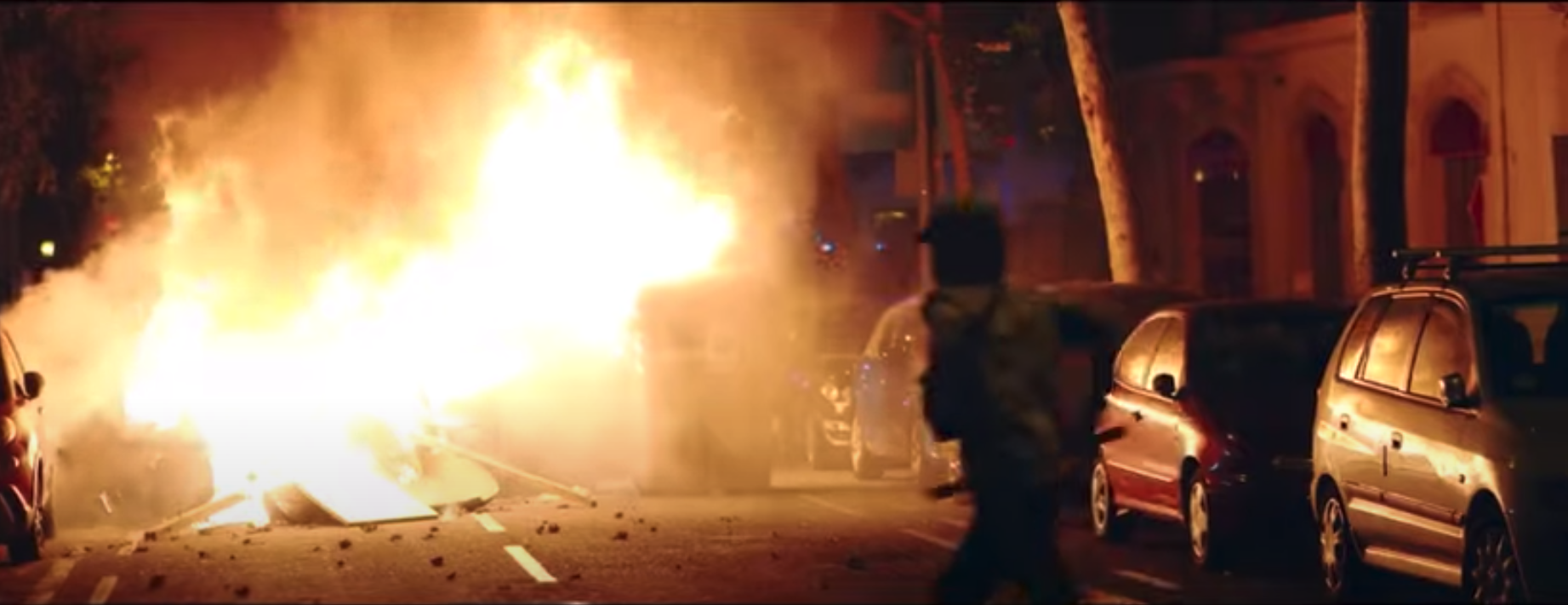 RNC video of riots in 'Biden's America' is actually stock footage from Spain
RNC video of riots in 'Biden's America' is actually stock footage from SpainSpeed Read
-
Trump is trying to distance himself from the private wall builders. His officials and family publicly supported it.
Speed Read
-
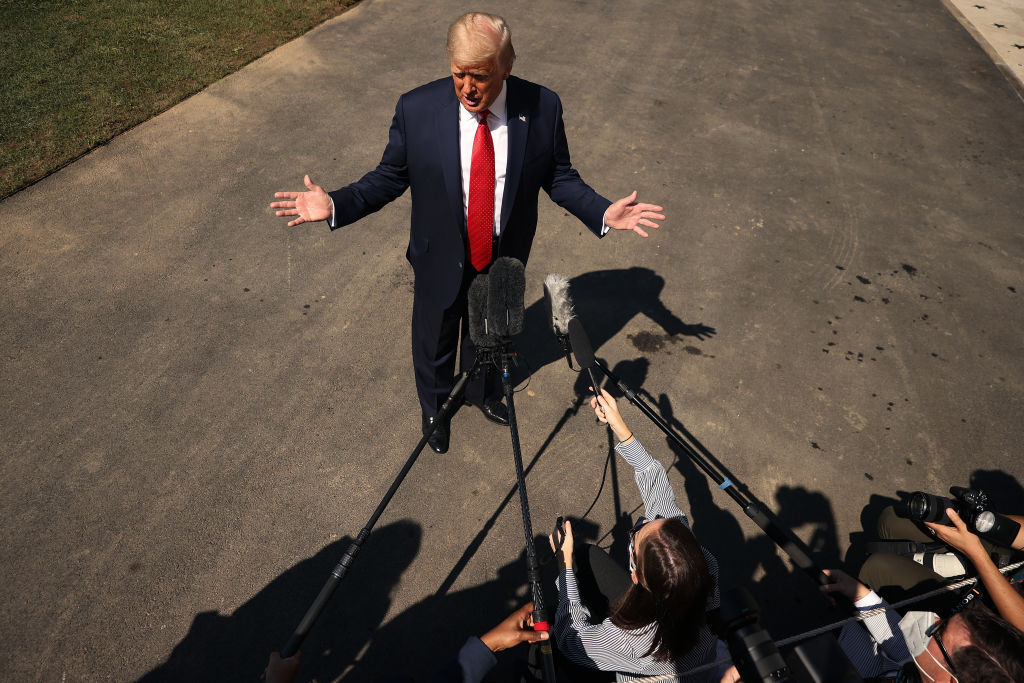 Trump's latest criticism of mail-in voting called a 'brazen lie'
Trump's latest criticism of mail-in voting called a 'brazen lie'Speed Read
-
John Kelly tacitly reminds Trump that he 'did not fire' Mattis
Speed Read
-
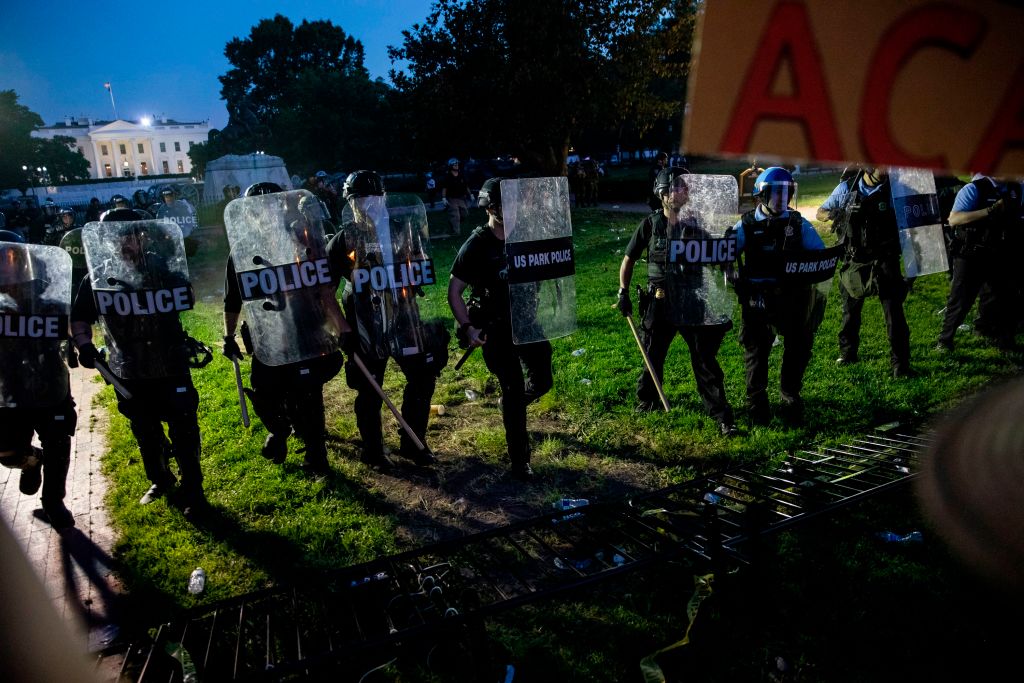 Tweets about a D.C. cell service blackout appear to stem from bot-driven misinformation campaign
Tweets about a D.C. cell service blackout appear to stem from bot-driven misinformation campaignSpeed Read